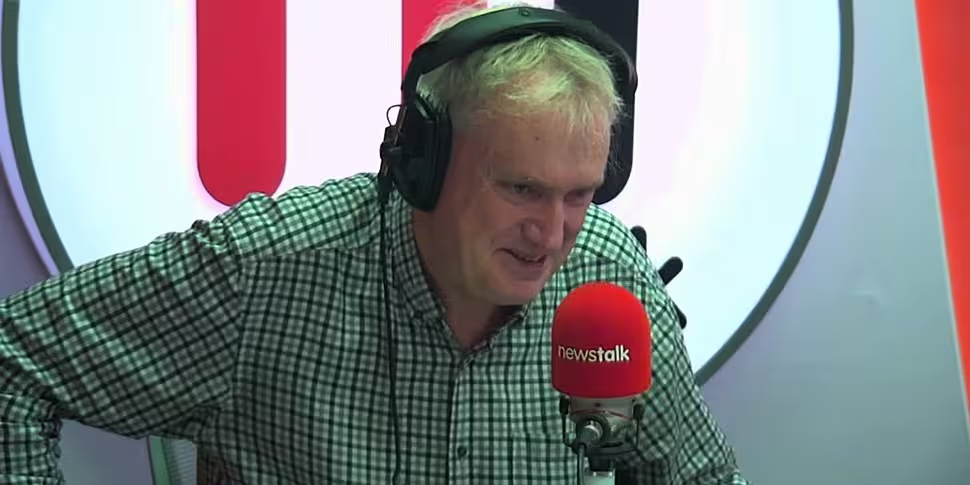New studies suggest people who have recovered from coronavirus have a stronger protection against the disease than those who take the vaccine.
On The Pat Kenny Show this morning, Trinity Professor Luke O’Neill referenced three studies with hopeful findings for those who already caught the virus.
The first, published in the New England Journal of Medicine and carried out at the University of Oxford, monitored over 12,000 people, mostly healthcare workers, who picked up the virus last year.
The study found that people who were previously infected had high antibodies - and did not get infected a second time.
“That is a very good study,” he said. “That really strongly suggests that if you’ve been infected, there is a very low risk of reinfection.
“Nobody in the infected group got infected again which means it was better than the vaccine.
“The vaccine would give say 90% protection but, in this case, infection gave 100% protection in that group of people – so it is a really positive sign.”
He said there have some indications of reinfection reported around the world through the pandemic, but noted that they remain “very rare.”
“This study suggests that getting infected could well protect you for quite a while,” he said.
Immune response
The next study he referenced saw researchers in California monitoring 185 people as they recovered from the virus.
The study measured antibodies as well as B-Cells, which create the antibodies, and T-Cells, which are key players in the body’s fight against the virus.
Professor O'Neill said the study found that the level of antibodies in the blood started “falling off a bit over time;” however, the B-Cells and T-cells were still going strong as the study concluded.
He said the B-Cell count is “probably more relevant than measuring the antibodies themselves” when it comes to determining the strength of the body’s protection against the virus.
SARS protection
Finally, Professor O’Neill referenced a third study in which researchers examined patients who contracted SARS – and were able to detect T-cells 17 years after infection.
“These cells were persisting for a very long time and again that gives us hope because here we have a similar disease – SARS is obviously in the same family as COVID-19 – and years and years of T-Cells could be detected post-infection,” he said.
“So, when you put those studies together it gives a very strong case that infection will mean you will be protected.”
Professor O’Neill said researchers think reinfection is rare but possible with the “vast majority” of people protected after infection.
You can listen back here:









